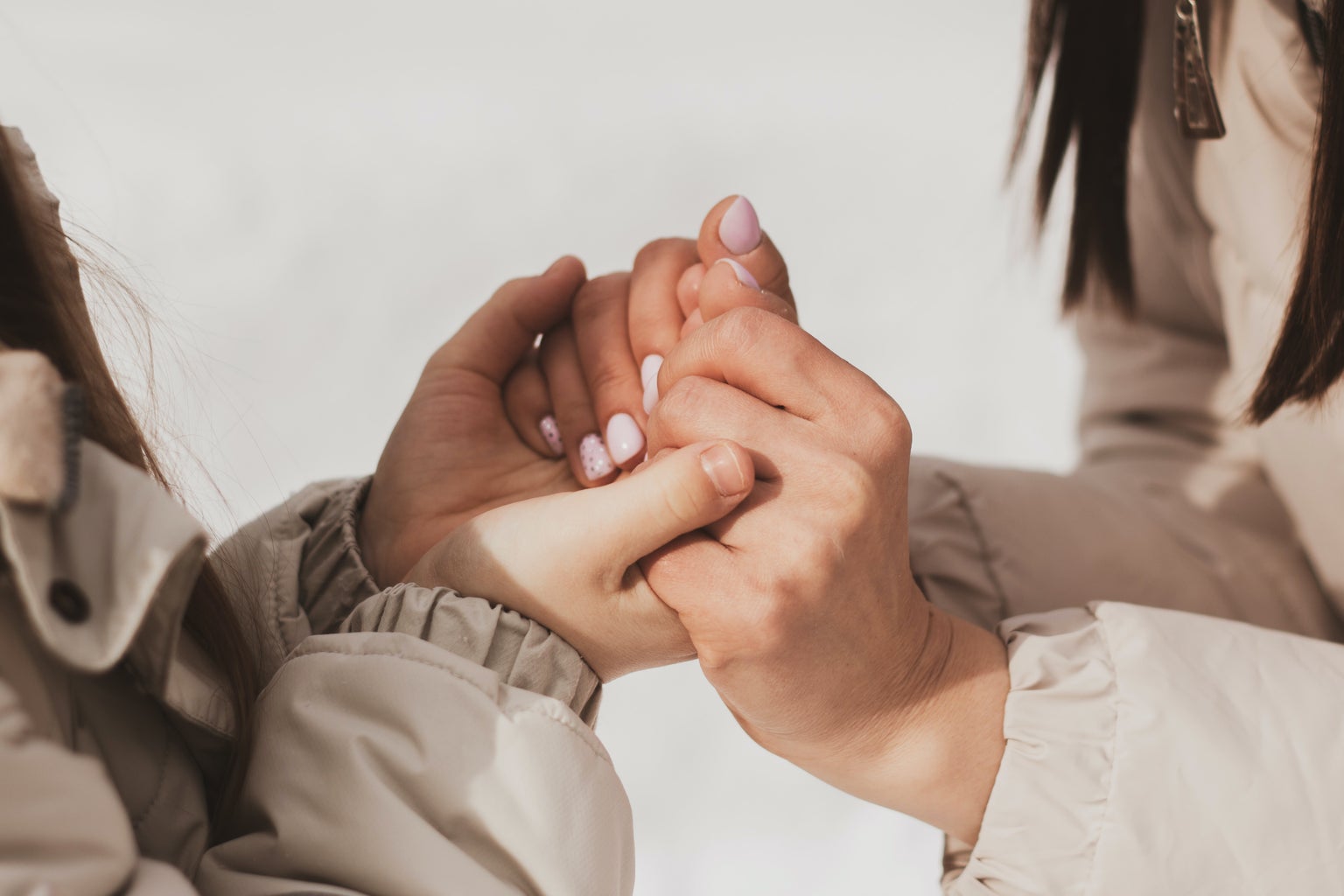At one point, my ex-partner had come across a cat and her kittens hiding in their car engine. Despite already having two pet cats (one indoor, one outdoor), their family decided to take in the lot of them. Naturally, they called me to let me know about it and I was stoked to hear about them. Every day, they would send me reports about the babies and their mom, as well as pictures of the rescued kittens. However, my ex noticed that the mom had developed a skin infection and that some of the kittens had gotten it too. Upon receiving this news, I recommended that all of them be taken to the vet to get antibiotics. That’s when I was told that they can’t just do that and that that was a pretty privileged answer to their problem.
This surprised me, given that my family had been able to take all three of our cats to a nearby veterinarian’s office when we originally adopted them. I apologized for my thoughtlessness and explained that my reaction was based on my previous experience. Suddenly, it felt as though there was a chasm between us because of my comment.
Most can agree that having money in our society is definitely good, as it enables us to purchase goods we need to live or even to acquire certain commodities that we’d like to have. For the longest time, money has been a symbol of power and status that separated the bluebloods from the peasants. Nowadays, it remains important, though not as much in social interactions. The wealthy are still their own distinct social class, yet interactions between those of lower economic circles with those of higher circles aren’t as scarce as they used to be.
Socialization is much more open and diversified among younger generations. The environments in which we grew up have lost a lot of importance and what remains relevant is one’s character. All of this is true, but the subject of money remains prevalent. Whether we can afford the latest iPhone or some other expensive knickknack is a trend among maximalist zoomers. This, in turn, lets others know whether we are well-off or not (whether this is an accurate reflection of our finances is another thing entirely). People are proud and like to brag about what they have: we flaunt what we have in hopes that we will seem more appealing to others, especially those we are interested in as more than just friends or peers.
Then, when we enter relationships, we bring our finances along for the ride.
Suddenly, there’s another person in our lives and we want to be the best for them, and to give them the world. But what we don’t always realize is that they’re thinking the same thing. And then, there are two people who want to give their partner the world but who have different financial statuses and experiences. They will do as they understand, according to their upbringing, to make the other person happy. Then, when a disagreement occurs, they will experience a shock when the person they love so dearly reacts far differently than what they would expect. Going back to the situation mentioned at the beginning, my reaction of suggesting taking the cats to the vet sounded very privileged and entitled to my ex given that they did not have the same resources as my family. I also did not take into account that my ex had explained a certain degree of distrust towards veterinarians due to a negative past experience.
All it really boils down to is acknowledging that money does really come into play in all of our interactions. Though we may not bring it up consciously, our reactions to different situations are molded by our upbringing and, by extension, our economic background. It’s not about the money, it’s about what the money provides.



